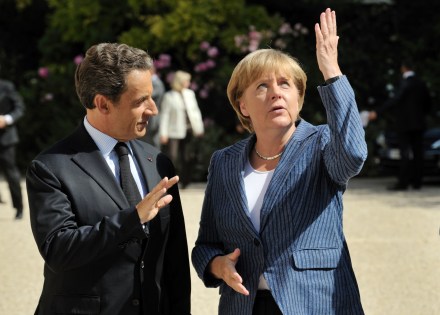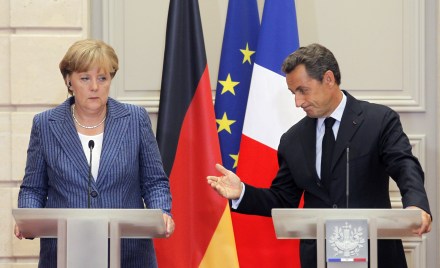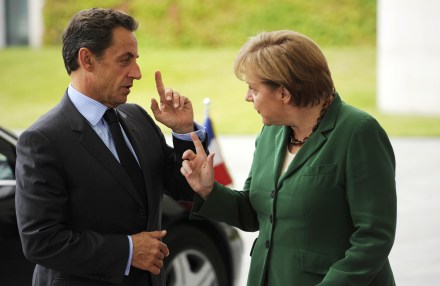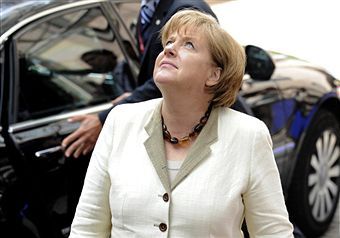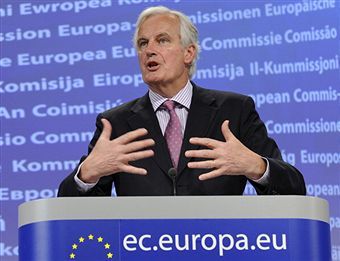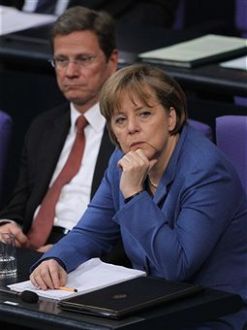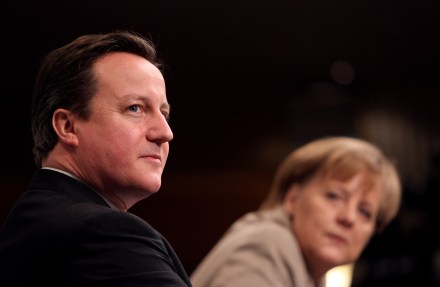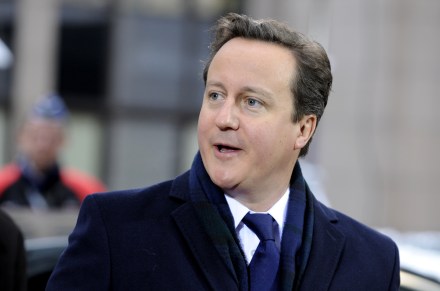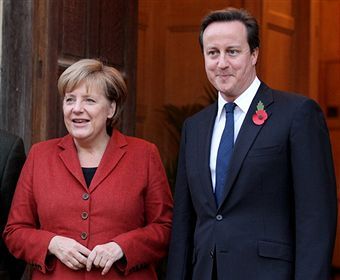Stumbling towards fiscal union
Angela Merkel must tire of repeating herself. Eurobonds are “exactly the wrong answer” to the European debt crisis, she said yesterday for the umpteenth time. She added that they would “lead us to a debt union not a stability union”, a free-for-all funded by German taxpayers. She concluded that “greater commitment” from the 27 member states of the European Union was required to stabilise the situation. Her comments would have, perhaps, placated her mutinous coalition in Germany, which is virulently opposed to Eurobonds and expensive integration. George Osborne, on the other hand, might have been slightly perturbed that Merkel prefers “greater commitment” from countries like Britain over the “remorseless logic”
